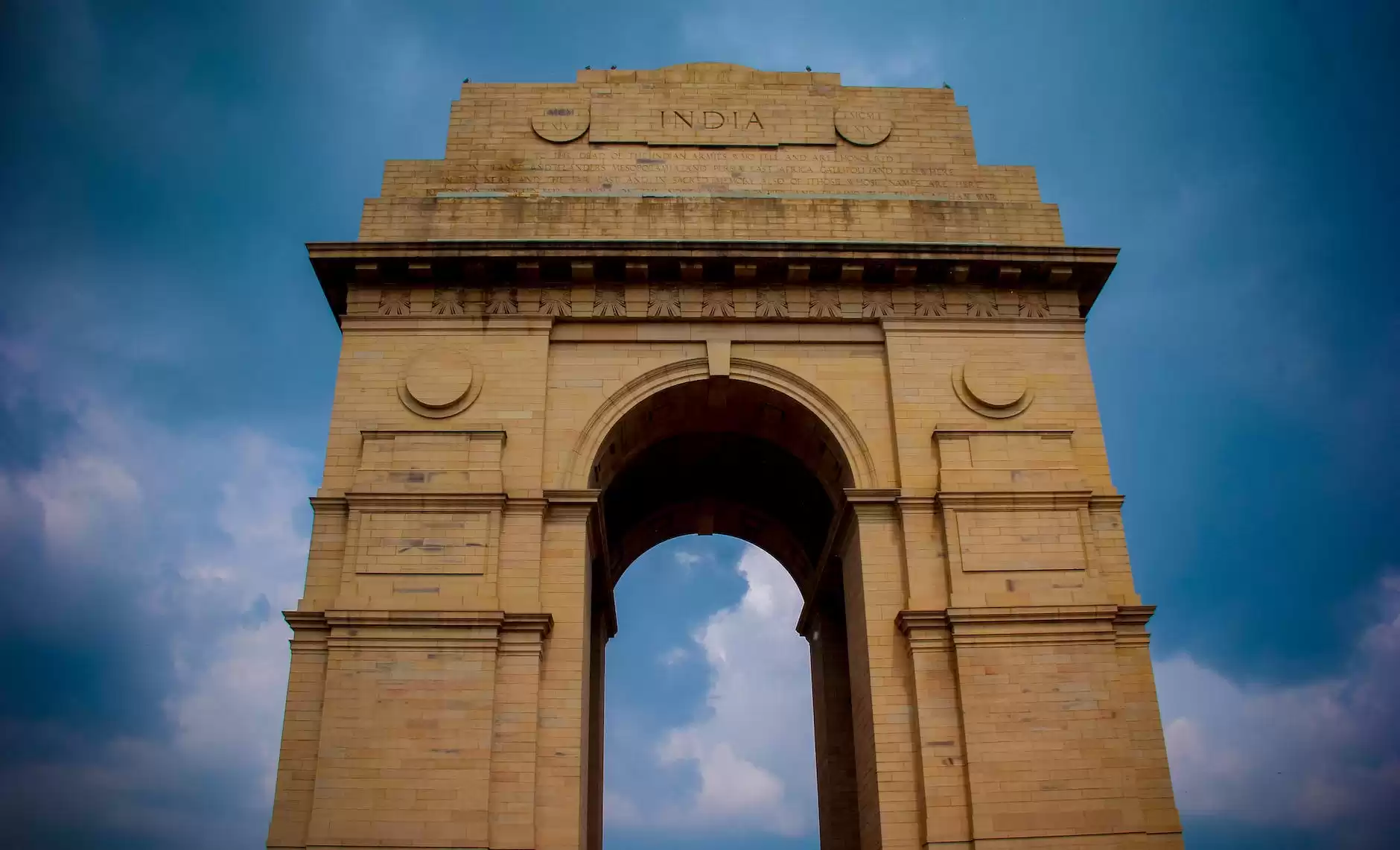'India's Independence Day 2023: Historical Insights, Significance, and Key Facts'
Indian Independence Day, celebrated on August 15th, marks the end of British colonial rule in India in 1947. The day is marked with flag-raising ceremonies, parades, and cultural exhibitions.
In the late 17th century, European traders made their way to the Indian subcontinent and established their presence. With the military strength of the East India Company, they were able to conquer local kingdoms and gain dominance by the 18th century. After the Indian Rebellion of 1857, control was assumed by the British Crown through the Government of India Act in 1858. This paved the way for the flourishing of civil society in India, highlighted by the establishment of the Indian National Congress Party in 1885.
The years following World War I were eventful in India's history. The controversial Rowlatt Act was passed, leading to growing demands for self-governance among Indians. Colonial reforms such as the Montagu-Chelmsford Reforms were also introduced during this time. Non-violent movements aimed at national advancement gained momentum and played a significant role in shaping the country's future.
In the 1930s, the British government gradually implemented reforms, which eventually led to the victory of the Indian National Congress in subsequent elections. However, the following decade was marked by political turmoil. The rise of Muslim nationalism through the All-India Muslim League, India's involvement in World War II, and Congress's final push for non-cooperation created a tense atmosphere. The declaration of independence in 1947 finally put an end to the mounting political unrest. Unfortunately, the partition of colonial India into India and Pakistan resulted in violent riots, numerous casualties, and the displacement of approximately 15 million people due to religious conflicts.
On August 15, 1947, India declared its independence. This momentous occasion was marred by the tragic events surrounding the partition. Jawaharlal Nehru, India's first Prime Minister, raised the national flag over Delhi's Red Fort through the Lahori Gate. This tradition has been continued by subsequent Prime Ministers, who address the nation on each Independence Day.
Independence Day in 2023 holds great historical significance. The national broadcaster, Doordarshan, broadcasts the entire event, starting with the enchanting shehnai music of Ustad Bismillah Khan. The day is celebrated with flag-raising ceremonies, parades, and cultural exhibitions, showcasing the rich diversity and heritage of India. It serves as a reminder of the country's hard-fought independence and the continued progress made since then.











Comments on 'India's Independence Day 2023: Historical Insights, Significance, and Key Facts'